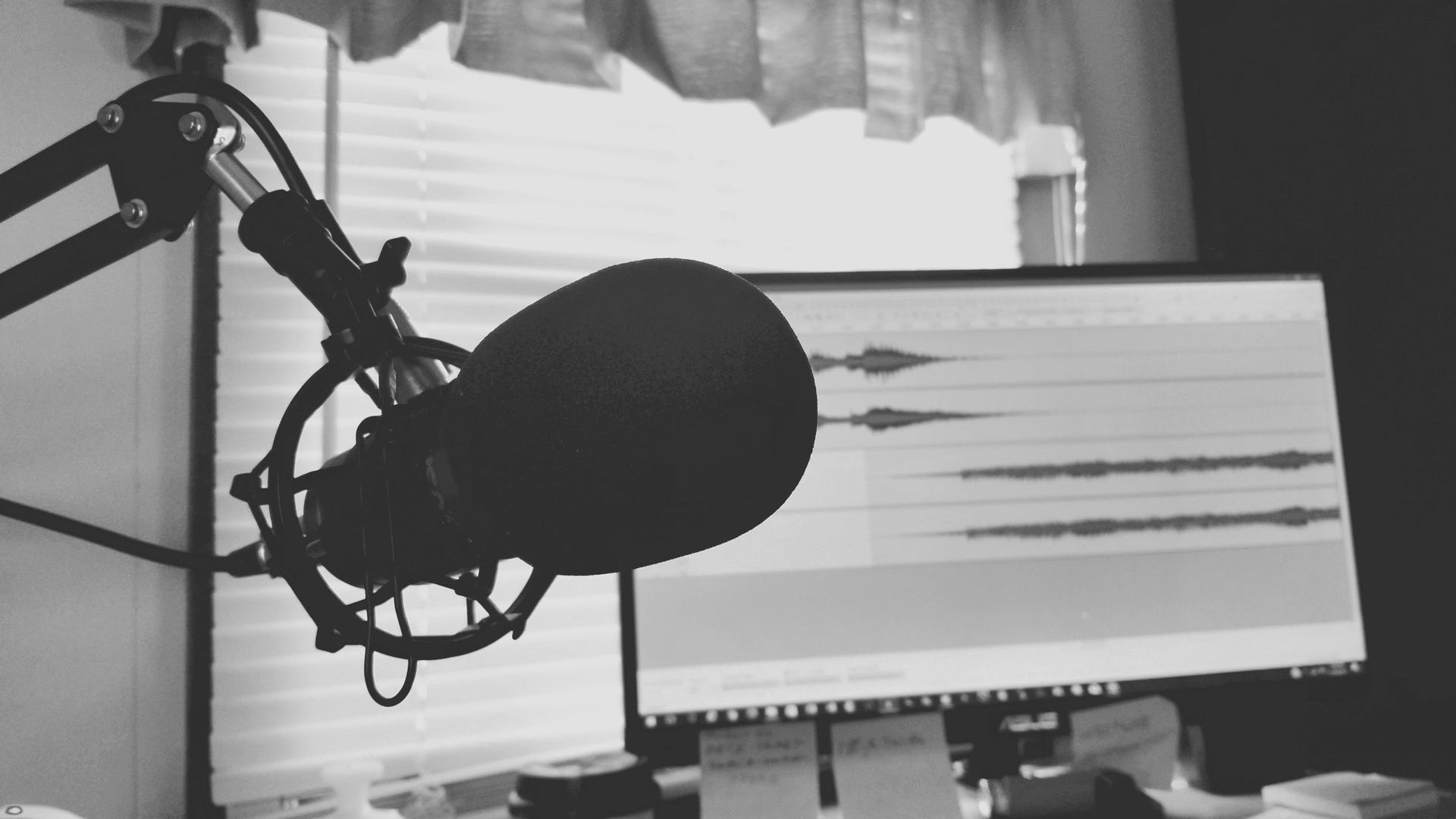My love of podcasts comes in waves. In a virus laden world where walks outside are the only sense of normality available, I am once again in love with the internet’s most underrated medium.
Podcasts are great because they are personal — like you are part of the discussion. While in an age of social distancing this is a valid reason to listen, there are better explanations for podcasts being so powerful.
Unlike blog posts, tweets and documentaries, podcasts are a conversation. Even narratives like Serial are a discussion and My Dad Wrote a Porno is still told by friends around a table. And conversation allows for mistakes so they emulate the way we debate and change our mind.
When we commit to paper we are expected to be right. We reconsider our opinions and arguments and craft how we want to convey ourselves. Podcasters are honest and true to their whims. Because opinions are more trustworthy when they are not rehearsed, when they come from organic thought — the spur of the moment.
Podcasts are long. They are impossible to skim read. For the creator there is no pressure to hold someone’s attention from beginning to end. Podcasts are full of footnotes. They contain tidbits that would not be important enough to make a blog post but are valuable to the listener because the listener cares about the niche. Often passing comments are the most impactful — the most interesting to you — but would never have made the cut on any other medium.
This magic wouldn’t happen if podcasts were not so niche. The best podcasts are those that focus on extremely narrow subject matters and are obsessive about covering every detail. They aren’t precise for journalistic integrity but because the hosts genuinely care about their corner of knowledge. There are 409 episodes of a podcast about pens. There is a weekly podcast about episodes of a TV show that ended fourteen years ago. I am the only person I know who follows the WRC and yet there are still enough people to obsess about the details.
In a recent episode of the Accidental Tech Podcast, Marco Arment said the episodes that he is most proud of — the ones he enjoys the most — are when his co-hosts are just “bs-ing with each other” rather than blockbuster episodes with special guests.
Podcast hosts are people like you being themselves. They are exclusive and obsessive and natural and full of the little things you had no idea other people cared about. They’re honest and they’re innocent.
It is a shame, therefore, that players like Spotify are making land grabs, including making one of the world’s most popular podcasts exclusive to their platform. Podcasts are democratic, and Spotify’s profiteering is damaging to the medium and threatens taking money away from independent publishers. As icing on their cake their podcast player is the worst.
In an age of hostility, fact checking and the politicising of every written word, they’re the internet’s greatest achievement. We must protect it.
